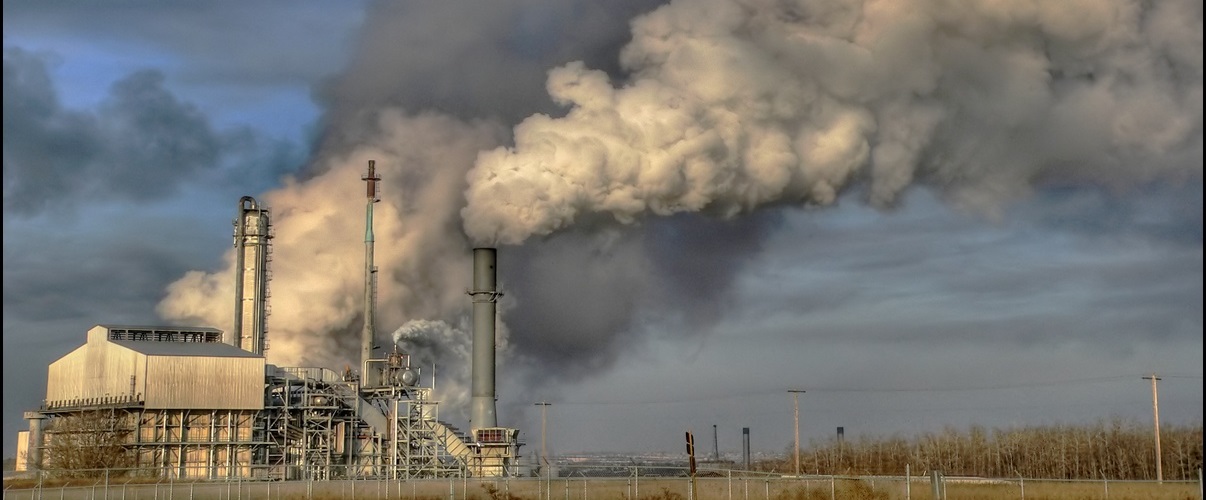It has been known for some years that around two-thirds of proven fossil fuel reserves will have to stay in the ground if the world is to avoid global warming of more than 2ºC – the internationally agreed ‘safety limit’. New research published in January 2015 in the journal Nature is the first to give insight into which particular reserves are likely to be exploitable, and which are not.

The research, by Christophe McGlade and Paul Ekins at University College London, uses detailed data and established economic models, and assumes that cost-effective climate policies will ensure that the cheapest fossil fuels will get used first; this means for example that significant amounts of conventional oil will be exploitable, but expensive unconventional oil such as tar sands will be priced out of a world with limited carbon emissions.
The research indicates that 82% of known coal reserves must stay in the ground for global warming to stay under 2ºC; this includes more than 90% of the reserves in the US, Australia and Russia, and 66% of the reserves in China and India. Nearly half (49%) of known gas reserves will need to remain unused; this includes more than half of the gas in the Middle East and 100% of the gas in the Arctic. And one third of oil reserves are not exploitable – mainly Canadian tar sands and Arctic oil, but also around a third of Middle Eastern oil and a quarter of the reserves in China and India.
Image credits: Wolfgang Schlegl / Flickr










